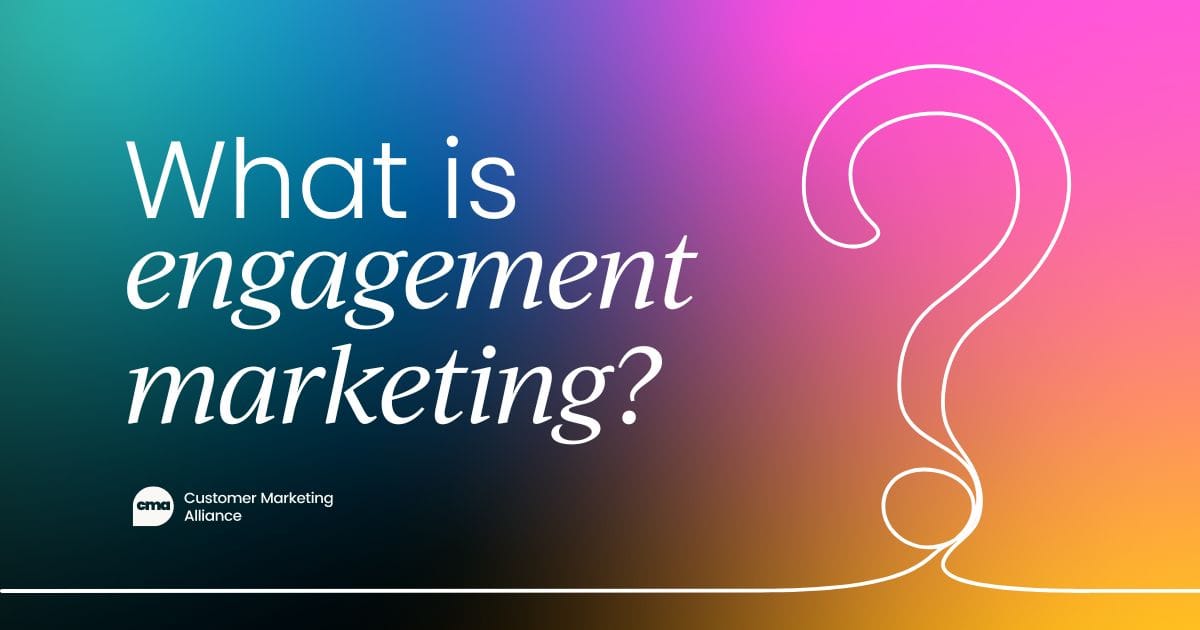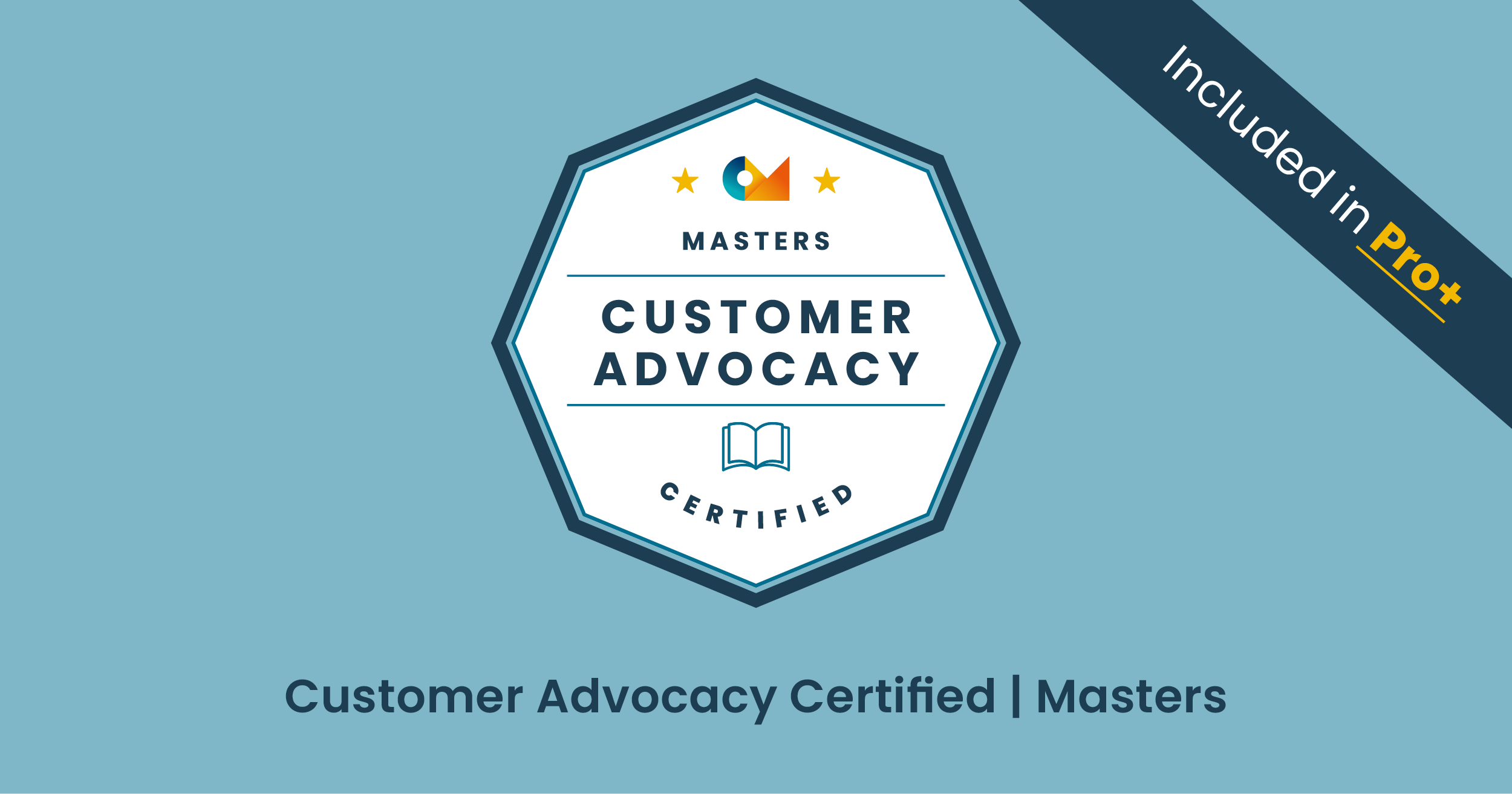Have you ever wondered how some companies keep their customers coming back time and time again? The answer often lies in customer relationship marketing, a powerful strategy that goes beyond single transactions and focuses on cultivating long-term customer loyalty.
When you emphasize personalized interactions and ongoing engagement transform, you transforms one-time buyers into loyal customers and even brand advocates.
Let’s explore how this holistic strategy can revolutionize your business by building enduring connections with your customers.
What Is customer relationship marketing?
You've heard of customer marketing. You'll undoubtedly be familiar with customer relationship management. But what is customer relationship marketing?
At its core, customer relationship marketing is about creating meaningful, lasting relationships with customers.
Unlike traditional marketing, which often aims for immediate sales, relationship marketing focuses on the long-term value of the customer relationship. The goal is not just to make a sale, but to keep customers engaged, satisfied, and coming back.
Relationship marketing strategies emphasize:
- Understanding customer needs and preferences
- Personalizing every interaction
- Prioritizing customer satisfaction
- Focusing on long-term customer retention
Through creating ongoing conversations and meaningful experiences, relationship marketing shifts the focus from short-term transactions to fostering customer loyalty and retention over time.

The difference between customer marketing and customer relationship marketing?
These two strategies sound near-identical and are often used interchangeably, but you'll find they actually have distinct focuses:
Customer marketing definition
When we refer to customer marketing, we're talking about any marketing activity or campaign aimed at your existing customer base.
The primary goal of customer marketing is to deepen customer relationships, drive repeat purchases, and promote upsell or cross-sell opportunities. It often involves strategic marketing techniques such as personalized recommendations, tailored communications, and customer engagement.
Customer relationship marketing definition
Now customer relationship marketing is built around a long-term strategy for producing long-term relationships with customers.
It typically focuses on the customer's needs, loyalty, and ultimate satisfaction. This strategy uses customer feedback and data to improve products and services, ensuring continuous long-term engagement and loyalty rather than just immediate sales.
| Aspect | Customer marketing | Customer relationship marketing |
|---|---|---|
| Focus | Transactional, revenue-driven | Relational, trust, and loyalty-driven |
| Objective | Upselling, cross-selling, and repeat purchases | Building long-term, personalized relationships |
| Time frame | Medium to long-term | Long-term |
| Approach | Campaign-focused marketing efforts | Data-driven, lifecycle management |
| Customer interaction | More transactional | Encourages an emotional connection and loyalty |
| Metrics | CLV, repeat purchases | Customer satisfaction, NPS |
Customer relationship marketing vs. customer relationship management
Although customer relationship marketing and customer relationship management have the same acronyms (CRM), there is an important distinction:
- Customer relationship marketing is the strategy aimed at building long-term relationships with customers.
- Customer relationship management refers to the technology and systems used to manage, track, and optimize customer interactions.
In essence, relationship marketing is the game plan for cultivating loyalty, while relationship management (the tool) provides the infrastructure to execute and monitor that strategy.
Together, they form a powerful approach to enhance customer satisfaction, loyalty, and business growth.

Benefits of customer relationship marketing
Implementing relationship marketing strategies offers significant advantages for businesses of all sizes. These include:
Lower acquisition costs
Think of it as the difference between keeping a plant alive versus constantly replanting. Nurturing existing customer relationships is often more cost-effective than the constant hunt for new ones. Your loyal customers already know and trust your brand, making them more receptive to your offers.
Improved customer retention
When you start to focus on relationship-building, you lay the foundations of a "sticky" business. Loyal customers are like good neighbors – they tend to stick around for the long haul. This translates to a steady stream of recurring revenue, providing stability and predictability to your business.
Higher ROI
Relationship marketing truly is the gift that keeps on giving. When you build long-term relationships, your marketing dollars stretch further. Instead of one-and-done transactions, you're cultivating customers who return again and again, maximizing your return on investment over time.
Increased sales
Happy customers aren't just repeat customers – they often become your biggest spenders. As their trust in your brand grows, so does their willingness to try new products or upgrade to premium offerings.
Enhanced brand awareness
In the age of social media, word-of-mouth is more powerful than ever. Satisfied customers often transform into enthusiastic brand advocates, spreading the good word about your business.
It's a bit like having a marketing team you don't have to pay – they bring in new customers simply because they love what you do.
Optimized customer lifetime value (CLV)
Think of CLV as the long game of business. When you nurture lasting relationships, you're not just making a sale – you're cultivating a customer who will bring value to your business for years to come.
This approach leads to higher profits and greater stability, allowing you to weather market fluctuations with greater ease.
The stages of customer relationship marketing
Customer relationship marketing is not a one-time effort; it's a journey that evolves as your relationship with customers deepens. There are four key stages to this journey:
1. Customer acquisition
This stage involves attracting new customers by highlighting your brand’s unique value proposition. You'll find effective acquisition strategies can be creating engaging experiences, producing relevant content, and offering solutions that resonate with your target audience.
2. Customer retention
So, once you’ve acquired a customer, your focus needs to quickly shift to keep them satisfied. This stage emphasizes delivering excellent customer service, personalizing interactions, and potentially offering loyalty programs to show appreciation and maintain engagement.
3. Customer expansion
As your relationship with the customer grows, you can start to look for opportunities to increase the value your product provides. Now, this might include upselling (offering premium versions of products) or cross-selling (recommending complementary products or services) to meet more of the customer’s needs.
However, this should be backed by data and not taken lightly. Relationship marketing needs to make sure the upsell or cross-sell initiative is well-timed and won't spook the customer, spoiling the nature of the relationship.
4. Customer reactivation
Sure, some customers may disengage or stop purchasing over time. "For everything, there is a season" et cetera. However, the trick is to have a plan to re-engage them. You can re-engage dormant customers through personalized communication, special offers, or new product releases to reignite their interest.
Key strategies for effective customer relationship marketing
To build quality, lasting bonds with your customers, consider implementing these proven strategies:
Personalize customer experiences
Data is a customer relationship marketer's best friend. The sky's the limit to the intel you can learn from your customer. Use customer data to tailor your communications and upselling offers based on individual customer preferences.
Remember lesson #1 of marketing: Personalized experiences create stronger emotional connections and enhance customer satisfaction. Don't be sloppy with your targeting, read into the data and create a holistic view of your customer that maps out their pain points, behavior, and intentions with your product.
Deliver valuable content
Consistently provide high-quality, insightful content (such as blogs, newsletters, and social media posts) that addresses customer needs and positions your brand as a trusted resource.
Establish loyalty programs
Reward customers for their loyalty through well-designed loyalty programs that offer perks such as discounts, exclusive access, and rewards. This encourages repeat business and deepens customer engagement.
Listen to customer feedback
The power of customer feedback should never be underestimated. It's a goldmine of possible strategies to re-engage customers and improve your services.
Any customer relationship marketing strategy worth its salt, should be regularly gathering and acting on customer feedback through surveys, interviews, and focus groups.
Don't be shy! Show your customers that you value their input and making changes based on their suggestions strengthens trust and loyalty.
Automate, but keep it personal
AI should be your new bestie but one you sanity check and infuse with your own personality too.
You should try to automate communications where appropriate, such as email marketing or customer reminders. However, don't learn the hard way and send an ultra-robotic email to someone called "Hey _FN_". (For legal reasons, we're not speaking from experience.)
Always strive to maintain a personal touch when using artificial intelligence. Automation can handle the logistics with no problem, but personalizing your messaging keeps the relationship feeling genuine.
What have we learned?
Customer relationship marketing is a powerful approach to transforming how businesses interact with their customers.
Focus on personalized, long-term engagement rather than short-term sales, and you'll build strong, lasting relationships that drive customer satisfaction, loyalty, and repeat business.
Whether you’re acquiring new customers, retaining existing ones, or reactivating lapsed clients, with a focus on the relationship element of customer marketing, you'll be able to keep customers engaged throughout their entire journey with your brand.

Give your customer relationships the investments they deserve
Every business wishes they had they key to life-long customer relationships. The good'uns that last decades long.
We'll let you in on a secret: our Customer Advocacy course will provide you with the perfect resources, mentor, and development needed to keep up with and excel during this change.
It'll take you through the foundational skills and knowledge needed to launch and manage customer advocacy programs and excel in your career.
Propel your business growth by prioritizing and supporting your customer experience.






